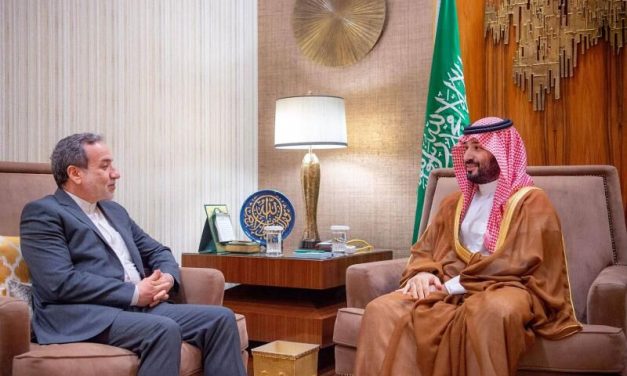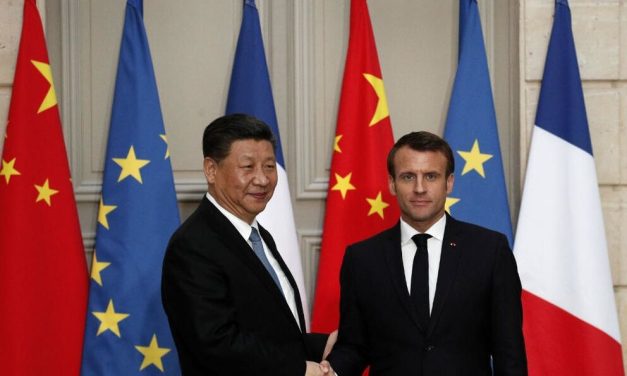Hassan Hanizadeh, in an interview with the website of the Strategic Council on Foreign Relations said: The military presence of the Zionist regime in two sensitive areas of the Caspian Sea and the Caucasus and near the borders of Iran, at the initiative of Ilham Aliyev, endangers the security of the Islamic Republic of Iran.
Noting that there have been several recent unfriendly moves by Turkey and Azerbaijan against Iran’s national security, Hanizadeh stressed: Such moves are manifested in the unjustifiable conduct of a series of military exercises of the two countries with Pakistan and with the Zionist regime.
According to the expert, the accusations of Ilham Aliyev against Iran in an interview with the official Turkish news agency “Anadolu Agency” were strange, unexpected, and destructive for relations between the two countries and contrary to the common interests of the two countries.
The expert on regional affairs continued: The Azerbaijan government has recently fined more than 60 trucks carrying Iranian goods to Armenia under the pretext that they should pay transit fees to Baku by changing the joint borders of Azerbaijan and Armenia, and even detained two Iranian drivers illegally.
He continued: This is despite the fact that before the Karabakh war between Azerbaijan and Armenia, because part of the region was under Armenian rule, there was no problem for the transit of Iranian trucks from Karabakh and Nakhchivan under a joint agreement between Iran, Azerbaijan and Armenia.
Hanizadeh said: But apparently Baku’s relative victory in the second Karabakh war, backed by Turkey and the Zionist regime, has made Ilham Aliyev very proud and he is apparently trying to change the geopolitics of the Caucasus in his favor, which is completely unacceptable.
The expert on international affairs also commented on the role of foreign governments, especially the Zionist regime, in the tensions, adding: Using the military and espionage capacity of the Zionist regime and the political and financial support of Turkey to try to change this geopolitics and create insecurity on the northwestern borders of the Islamic Republic of Iran is considered one of the biggest political and security mistakes of Ilham Aliyev.
Hanizadeh added: It should be noted that the notion that President of Azerbaijan is able to pave the way for the Zionist regime to enter the region and the Caspian Sea by changing the geopolitics of the Caucasus is a political illusion, because the environmental conditions of this country and the region will not permit such inspiration to Aliyev.
The expert on regional affairs, referring to the composition of Azerbaijan’s population of 10 million, over 70 percent of whom have religious inclinations towards the Islamic Republic of Iran, noted: Those people will never allow the ambitious President of Azerbaijan to have an adventure.
Regarding Iran’s possible reaction to such behaviors, he said: Iran has a lot of pressure tools that can use at the right time and right place to moderate Ilham Aliyev’s aggressive behavior, but in the current situation, Iran prefers diplomatic solutions.
Hanizadeh also referred to the beginning of the exercise of the armed forces of the Islamic Republic of Iran under the title of Kheibar Conquerors on the northwest borders and said: This exercise is considered as a serious warning to the Azerbaijan government that under no circumstances will Iran tolerate the change of borders in the countries of the region and the existence of an illegitimate Zionist regime along its borders.
He continued: Also, the measures of Recep Tayyip Erdogan’s government in inciting Ilham Aliyev will incur heavy costs for the government of the Development and Justice Party.
Hanizadeh pointed out that in 2016, the Turkish president faced a breathtaking coup by the army and sought help from Iran at Istanbul Airport, adding: At that time, the officials of the Islamic Republic of Iran sincerely provided him with all their resources and he was rescued from a political, military and security crisis that was about to put his rule in history forever.
In continuation, he stressed: Therefore, both Ilham Aliyev and Recep Tayyip Erdogan should know that Iran is a friendly country and has a lot in common with those two countries, but it will never allow the above-mentioned ambitions to become operational, especially the footsteps of the Zionist regime, which is the red line of the Islamic Republic of Iran, can also be seen in some of those movements.










0 Comments